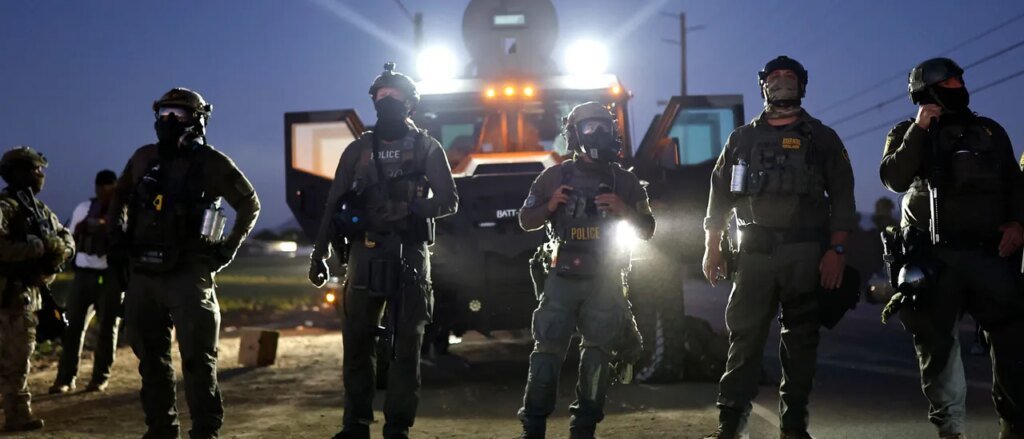Judge Rules Against Trump Administration on Sanctuary Funding
A judge appointed by Obama decided late Friday that the Trump administration is not allowed to cut federal funds to various cities and counties due to their sanctuary policies.
William Orrick, who sits on the Northern California bench, has extended a preliminary injunction aimed at preventing the Trump administration from withholding federal funds from jurisdictions that choose not to cooperate with federal immigration authorities. This lawsuit originated from San Francisco officials earlier this year but has since included several other sanctuary jurisdictions as plaintiffs.
According to court documents, “The new plaintiffs claim they depend on similar federal funds as other cities and counties, providing declarations that outline comparable budgetary harm, which is tied to essential community needs like health, welfare, and social services.”
Orrick emphasized that parts of Executive Orders 14,159 and 14,218—which threaten to cut federal funds to sanctuary jurisdictions if they don’t comply with the administration’s preferences—are unconstitutional. He stated, “I ordered its effect because its forced threat… is unconstitutional. In this case, I will do so today.”
This ruling isn’t the first time Orrick has sidelined the Trump administration’s efforts against sanctuary cities. Back in April, he questioned the legality of Trump’s executive order aimed at enforcing sanctions against these jurisdictions, saying it was likely unconstitutional. He referenced a previous executive order from Trump’s first term aimed at refunding sanctuary cities.
In 2017, Trump signed an executive order titled “Strengthening Public Safety Inside the United States,” which sought to block federal funding from sanctuary jurisdictions. Orrick found the order unconstitutional following a San Francisco court challenge, indicating it favored “irreparable harm without an injunction.”
While there isn’t a universally accepted definition of “sanctuary city,” the term generally describes policies that limit local officials from assisting or collaborating with Immigration and Customs Enforcement (ICE) and other federal agents. Many sanctuary policies forbid local law enforcement from honoring ICE detainer requests or sharing information about pending releases of certain undocumented immigrants.
Just as during his first term, Trump faced significant pushback from sanctuary cities, creating hurdles for his immigration enforcement plans.
Shortly after taking office, the president directed the Department of Justice (DOJ) and the Department of Homeland Security to withhold specific federal funds from sanctuary jurisdictions. The DOJ has maintained a list of areas they classify as such, labeling them as refuges for undocumented immigrants.
Democratic leaders have attempted to counter these orders elsewhere.
A recent lawsuit filed in Rhode Island Federal Court claims that the DOJ is withholding victim funds from states that oppose Trump’s efforts to curb illegal immigration. A coalition of Democratic attorneys argues that the conditions connected to immigration enforcement are unprecedented and thus illegal.







